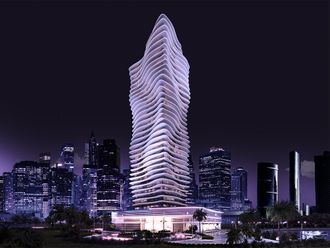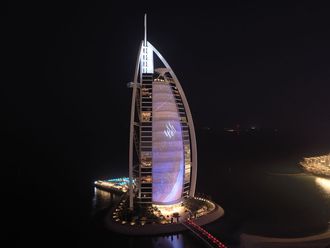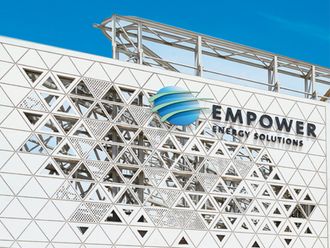Creating world-class entertainment options has been one of the drivers of Dubai’s tourism vision for many years.
Before the global financial crisis, this resulted in discussions with global theme park operators such as Disney, Paramount and Universal Studios. Only now is this talk translating into completed projects.
Between Dubai Parks and Resorts, Ilyas and Mustafa Galadari, Al Ahli Holding, Miral and ADTCA, no fewer than seven new theme parks could open across the UAE by 2020, with four of these arriving by the end of this year.
The ‘first cab off the rank’ is the IMG Worlds of Adventure, which opened on August 31. With over 1.5 million square feet of entertainment space housing rides, attractions and 28 food and beverage outlets — in what the developers claim is the world’s largest indoor theme park — the venue is anticipated to attract 4.5 million visitors during the first year of operations, with more than 30,000 visitors on peak days.
Following hot on the heels of Worlds of Adventure, Dubai Parks and Resorts is expected to open for business during the final quarter of 2016. This Dh10.5 billion project comprises three theme parks (Motiongate, Bollywood Parks, Legoland) and a waterpark (Legoland Water Park) in addition to Lapita Hotel and Riverland, an innovative retail experience. More than 6.7 million are expected to visit this project during 2017.
Dubai is currently the fifth most visited city in the world based on international overnight visitors, according to the MasterCard Global Destination Cities Index, with the Dubai Tourism Commerce Marketing Department (DTCM) revealing the emirate attracted over 4 million foreign visitors in the first quarter of 2016 (a 5.1 per cent growth from the same period last year).
With the Middle East forecast to be the fastest growing region in the world for inbound tourism over the next five years, consulting firm PWC estimate the UAE’s theme parks could receive about 18 million visits by 2021.
Tourism remains a major component of the UAE Government’s drive to diversify the economy, a strategy that is seeing Dubai perform relative strongly compared to those surrounding economies more reliant on the oil and gas sector. Creating a critical mass of theme parks forms a key part of this overall strategy as Dubai seeks to emulate Orlando (Florida) or the Gold Coast (Queensland) as global tourism hubs.
The direct economic benefits of new theme parks (additional tourist arrivals and a corresponding injection of spending into the Dubai economy) are impressive. Less apparent but equally important are the indirect impact they have on the quality of life and, therefore, the ability of the UAE to attract expatriate staff.
While the policy of ‘Emiratisation’ will reduce the significance of expatriate labour over the longer term, the economy will continue to rely heavily on its ability to attract foreign workers for many years to come. As other countries in the Middle East seek to compete as regional hubs, it is important that the UAE continues to enhance the quality of life it offers with an increased range of leisure and entertainment options.
While important, theme parks comprise just one component of the rapidly expanding entertainment landscape in Dubai. The opening of the Opera House over the past month represents the latest step in the plan to broaden Dubai’s appeal to both visitors (in line with the well-publicised objective of attracting 20 million tourists by 2020) and residents of the city.
The writer is Head of Research at JLL Mena.












